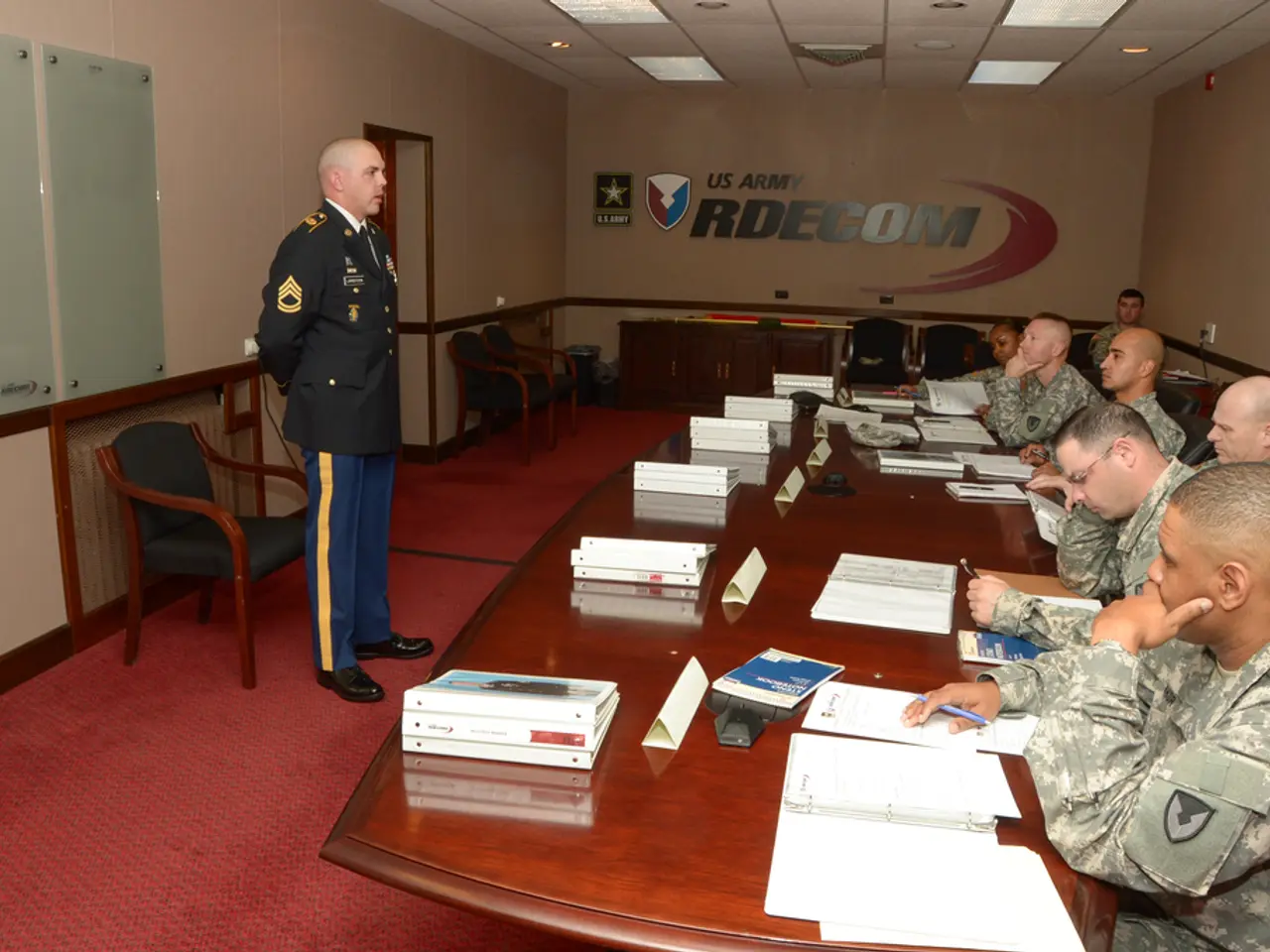U.S. Forces Korea role shift in consideration due to multiple factors, according to a high-ranking Seoul official
The United States and South Korea are exploring the possibility of expanding the role of the US Forces Korea (USFK) beyond its traditional focus on deterring North Korean threats, to address broader regional security concerns, particularly those related to China. This potential shift is part of what the US terms a "modernized alliance," aimed at enhancing "strategic flexibility," allowing USFK to respond to crises beyond the Korean Peninsula [1][2].
Recently, a senior South Korean official acknowledged this possibility for the first time, citing evolving geopolitics, technological changes, and China's rising strategic role as factors that might prompt a change in USFK's mission [1][2]. However, the official emphasized that this acknowledgment does not necessarily indicate full agreement with the US perspective, and allies do not always see eye to eye on all matters [2].
The US hopes that USFK could participate or provide support in scenarios involving regional contingencies such as a Taiwan Strait crisis. This approach aligns with movements seen in other regional US alliances like with Japan and the Philippines, which are adjusting to enable collective responses to Taiwan-related emergencies [3]. This signals a broader regional security recalibration prompted by China's military rise.
However, there remains domestic concern in South Korea that such changes could weaken deterrence against North Korea and might provoke China [1][2]. There is also speculation that strategic flexibility might coincide with potential troop reductions or redeployments, which South Korean stakeholders view cautiously [1].
The official's remarks about a possible change in the USFK role should not be construed as agreement with the US view in support of the change. The official identified technological shifts and China's growing strategic role as potential drivers of a possible shift in the USFK role [2].
Elbridge Colby, US Under Secretary of Defense for Policy, has advocated for a shift in the USFK mission. Colby suggests that American troops in South Korea should not be "held hostage to dealing with the North Korean problem" [2].
The future direction of USFK operations is a key agenda item in upcoming discussions between South Korea and the US. The modernization of the alliance is aimed at making it strategically sustainable in the midst of an intensifying Sino-US rivalry [1].
In conclusion, the current status reflects an ongoing and delicate dialogue between Seoul and Washington about modernizing the USFK role to accommodate a changing strategic environment, balancing the need to maintain a strong defense against North Korea while addressing wider Indo-Pacific security challenges, principally China's growing influence [1][2][3].
[1] Yonhap News Agency. (2022, March 24). South Korea, U.S. mulling broader role for USFK amid China's rising influence. Retrieved from https://english.yonhapnews.co.kr/news/2022/03/24/philadelphia/20220324000000527.html
[2] The Korea Herald. (2022, March 25). South Korea, U.S. mulling broader role for USFK amid China's rising influence. Retrieved from https://www.koreaherald.com/economy/detail.php?ud=20220325000109
[3] The Diplomat. (2022, March 25). South Korea and the US Discuss Broader Role for USFK Beyond North Korea. Retrieved from https://thediplomat.com/2022/03/south-korea-and-the-us-discuss-broader-role-for-usfk-beyond-north-korea/
- The ongoing dialogue between Seoul and Washington about modernizing the USFK role is influenced by factors such as war-and-conflicts, policy-and-legislation, politics, and general-news, particularly concerning China's growing strategic role and the need to address broader regional security concerns.
- The potential shift in the role of the US Forces Korea (USFK) to accommodate a changing strategic environment could involve participation in regional contingencies and alignment with other US alliances, such as with Japan and the Philippines, in response to crises like a Taiwan Strait crisis, thus reflecting the politics, policy-and-legislation, and general-news discourse on war-and-conflicts in the Indo-Pacific region.






